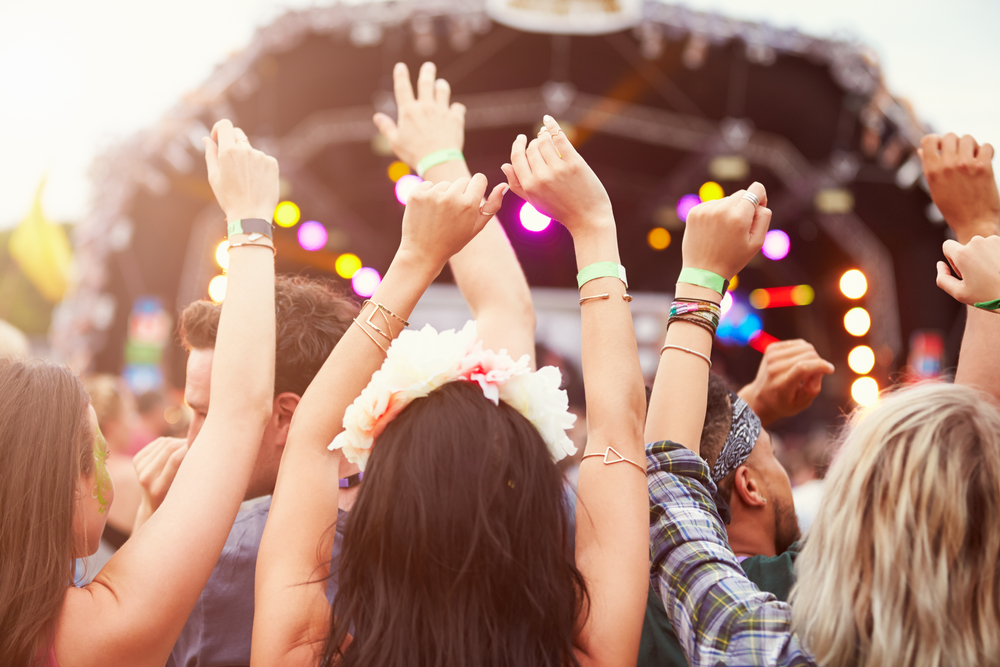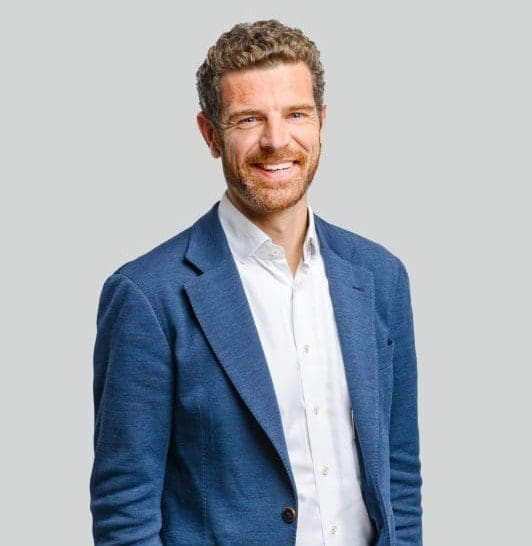Coachella, Glastonbury, Tomorrowland, Creamfields, every year countries around the world play host to music festivals covering every genre, age bracket and budget. The festival season in the UK and overseas has exploded in the last decade, propelled further by the lifting of COVID-19 restrictions. At most festivals you can camp over for several days, creating the ideal opportunity for prolonged drug and alcohol misuse.
A recent online survey by ProjectKnow.com concluded that 81% of American festival goers admitted to using alcohol and/or drugs, with marijuana being the most frequently used. But does the festival season fuel addiction? At Delamere, we treat people for alcohol addiction and drug addiction at our wellness retreat in Cheshire. We want to explore the link between festivals and drug taking, young people and festival drinking to help people who may be worried about themselves, or someone else, developing an addiction.

Festivals, drink and drugs: the perfect playground
Music festivals not only provide an environment that makes drugs and alcohol more readily available, they’re also often the first time a young person has travelled independently or even stayed away from their parents overnight. Buoyed by the freedom of revelling with friends, it can be hard to resist the temptations surrounding them. Just as having a beer or glass of wine seems natural at parties, drug taking has become synonymous with festivals and is seen as a way of bonding and having fun.
Adolescents are more susceptible to peer pressure and more likely to take risks than older adults. We know many festival goers are 15 to 35 and this also correlates with the prevalence of drug-use in this age bracket. Cannabis, cocaine, ecstasy, ketamine and amphetamine are all regularly consumed. In fact, The BBC reports that rates of use are higher in this age group than in the entire population. If a young person is already suffering with a substance use disorder, either alcohol or drugs, a music festival environment makes it harder to remain abstinent and could lead to relapse.
Know a young person who needs help with addiction? Talk to us today.
Festivals and drug taking
Studies show that festivals are especially risky places for drug use and are linked with adverse outcomes. Inexperienced drug users, risky drug purchasing, risky drug use and environmental factors such as big crowds, high temperatures, lack of water and poor medical support were all found to be risk factors for harmful drug use (1).
Young people often try drugs for the first time at festivals which means they’re unsure what to expect and may take more than they intend. They’re also more likely to buy drugs from strangers and can’t be sure what the substances have been mixed with. Other factors such as heat stroke, dehydration and exhaustion can make festivals and drug taking more dangerous and lead to negative health consequences.
After a spate of drug-related overdoses and deaths at festivals in the UK, The Loop launched pop-up drug testing labs. Their chemists test drugs that have been dropped into amnesty bins or seized by police so that they can warn young people of any dangers and give them a chance to moderate their intake. At Parklife this year eight new MDMA pills in circulation were found to be 1.5 times the strength of the average adult dose.
Taking stronger drugs in higher doses without realising leaves young people open to developing a dependence and eventually can result in drug addiction. If you’re concerned about young people and drugs, there is help available.
Young people and festival drinking
Festivals can feel like one big party and without parents around to curb their fun, festival drinking can become problematic for young people. Excessive alcohol consumption is dangerous for anyone, but it’s especially bad for the developing brain. At an age when they’re more likely to test the boundaries, young people may get involved in risky behaviour, such as having unsafe sex or getting into trouble with the police. One study revealed that the majority of those transported to hospital from outdoor music festivals were young people who had consumed alcohol to excess (2).
People under the age of 25 are more aware of peer pressure and more likely to drink more than they should to keep up appearances. It’s also common for young people to plan their festival drinking ahead of time, pre-loading before the event and saving up money so they can drink all day when they get there. As well as the obvious health risks, festival drinking over several days can build up a tolerance that is hard to manage when it’s time to come home.
Withdrawal symptoms from even a few days of heavy drinking can include anxiety, depression, sweating, tremors, sleep problems, heart palpitations and more. After a festival, young people may want to start drinking to excess again to get rid of these unpleasant symptoms, which is where the cycle of alcohol addiction begins.
The link between festivals and addiction
Are young people simply having fun with their friends or are they fuelling a dangerous addiction? You could argue that music is, in itself, addictive. When you listen to music it releases dopamine, the same chemical in the brain that’s activated in drug, alcohol, food or other addictions. Except needing a fix of our favourite artist isn’t going to kill us. The problem with misusing alcohol and drugs is that they alter the mind and body so profoundly that it requires specialist help to end the psychological and physical dependence.
The human brain continues to develop until the age of 25, so any excessive drug or alcohol use can have devastating long-term effects and over-exposure at festivals could be the catalyst for a lifelong habit. If you have concerns for someone’s welfare, keep the dialogue open, know what’s going on in their lives and be aware of any changes in personality. While a summer of festival drinking or taking drugs isn’t necessarily going to lead to a dependence, education and early intervention is the key to preventing alcohol addiction and drug addiction in young people.
How can Delamere help with alcohol and drug addiction?

If you’re worried about the festival season fuelling substance abuse for you or someone else, we’re here to help. Delamere is a purpose-built residential retreat set in tranquil forest surroundings in Cheshire. We have a team of holistic therapists on hand to help our guests overcome alcohol addiction and drug addiction using a range of proven techniques.
We can help you to withdraw safely and comfortably from the effects of excessive alcohol or drug consumption with a medical detox. Followed by intensive one-to-one counselling and group therapy to understand your motivations and triggers. Each residential rehab programme is tailored to your individual needs. We will find the best methods to help you live life free from alcohol or drugs.
Our unique three-stage approach considers all aspects of your health: physically, emotionally and psychologically. With support from our caring and compassionate team, you can stop the cravings for alcohol or drugs, start the healing process with a set of coping mechanisms to support your recovery and grow beyond addiction.
If you think you may be addicted to alcohol or drugs, call us confidentially to speak to a member of the team today. Contact Delamere
References
1. Palamar, J.J., Sönmez, İ. A qualitative investigation exploring why dance festivals are risky environments for drug use and potential adverse outcomes. Harm Reduct J 19, 12 (2022). https://doi.org/10.1186/s12954-022-00598-5.
2. Jaensch, Jennie & Whitehead, Dean & Prichard, Ivanka & Hutton, Alison. (2018). Exploring young peoples’ use of alcohol at outdoor music festivals in Australia.






